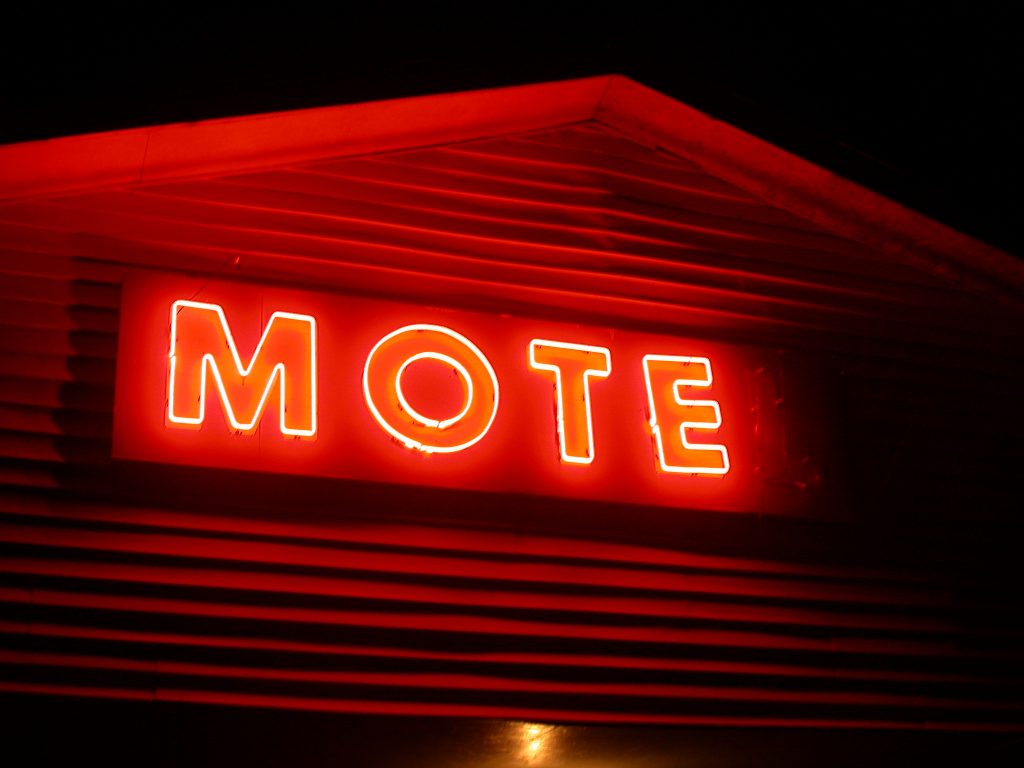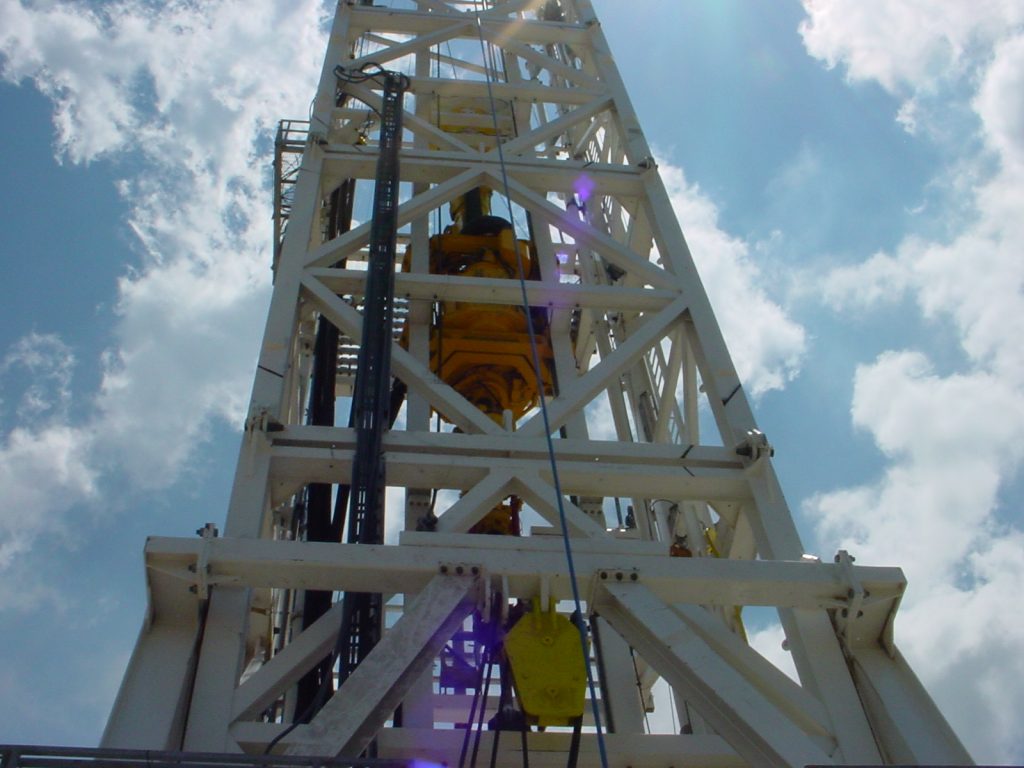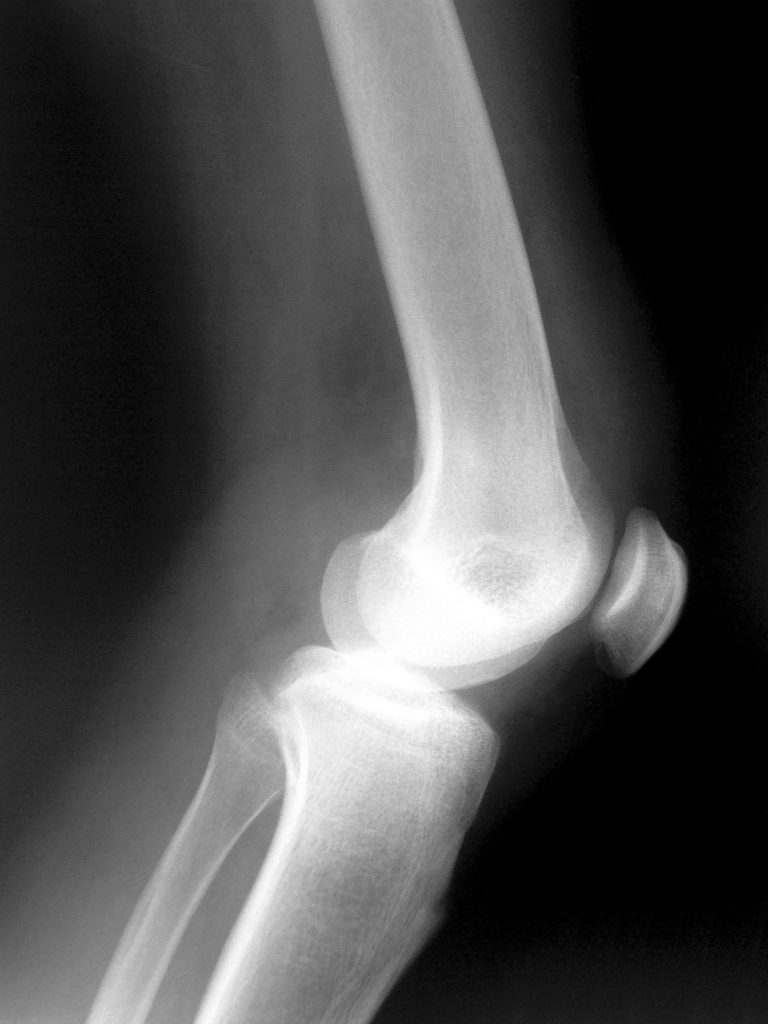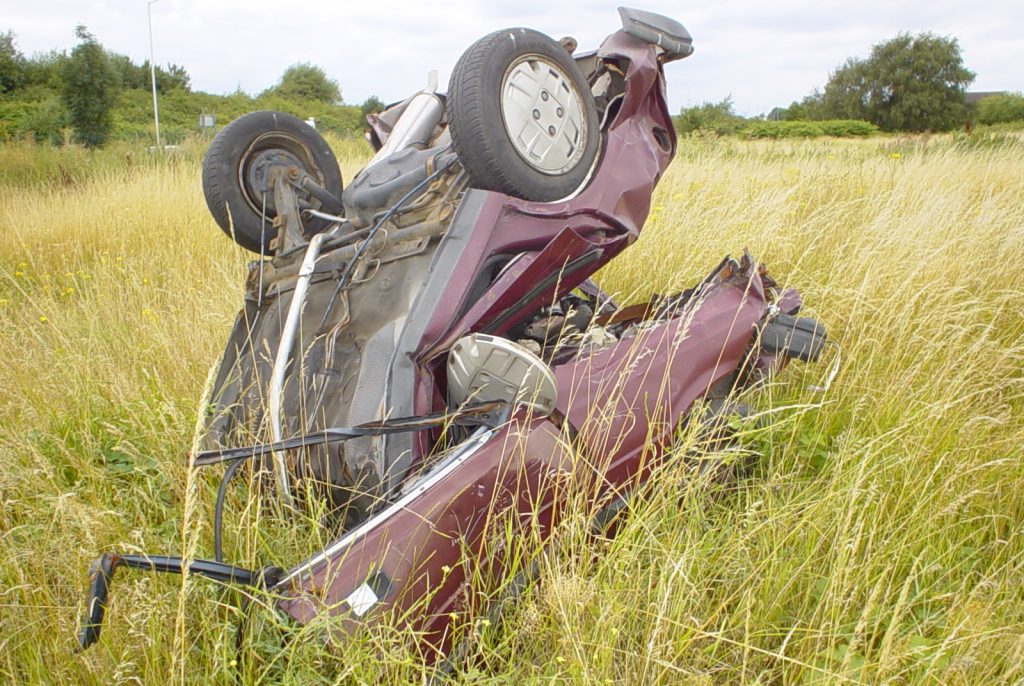 As individuals approach the end of their life or encounter health problems, they may utilize a general power of attorney (POA) in order to care for their property. A POA is a written authorization to represent or act on another’s behalf in private affairs, business, or some other legal matter. The individual executing the POA is the principal and the individual acting under the POA is the principal’s agent. Dealing with a POA can be difficult since it is usually exercised during a stressful period in the principal’s life. Recently, the issue of using a POA was made even more complicated when it stirred up family drama in the Parish of Lincoln District Court after an agent used the POA to transfer all of the principal’s property into his own account days prior to the principal’s death.
As individuals approach the end of their life or encounter health problems, they may utilize a general power of attorney (POA) in order to care for their property. A POA is a written authorization to represent or act on another’s behalf in private affairs, business, or some other legal matter. The individual executing the POA is the principal and the individual acting under the POA is the principal’s agent. Dealing with a POA can be difficult since it is usually exercised during a stressful period in the principal’s life. Recently, the issue of using a POA was made even more complicated when it stirred up family drama in the Parish of Lincoln District Court after an agent used the POA to transfer all of the principal’s property into his own account days prior to the principal’s death.
Kimberly Pee Tatum, Roy Pee, Timothy Pee and Raymond Pee filed a lawsuit against Joseph Daniel Riley in order to void a gift that Riley donated to himself. Riley was the son of Barbara McManus’ second marriage and the plaintiffs were the children of McManus’ first marriage. Riley acted as McManus’ agent under a POA, with McManus as the principal. On January 30, 2006, Riley donated all of McManus’ immovable property, including 32 acres and a house, to himself. This was done before a notary and witnessed by two witnesses. McManus passed away days later, on February 2, 2006.
At trial, the plaintiffs attempted to show that Riley’s donation left McManus without sufficient funds to care for herself. The plaintiffs presented bills to show that there was no way McManus could care for herself but the plaintiffs admitted these bills were not actually McManus’ bills; the bills presented were from the plaintiffs’ memory and by looking at what was paid by other single, older women. Additionally, Riley testified that he and McManus shared a joint checking account. McManus received $1,037 dollars from Social Security every month and $100 dollars in royalties that were deposited into the shared account. Riley testified that even though they shared an account, McManus paid her own bills and Riley even supported McManus sometimes with his own money. Riley’s wife, Amy Riley, testified and stated the same thing as Riley. She said McManus never asked them for money but they offered her money when they wanted to. Further, Amy said that even though they shared an account, Riley and herself paid for all of their bills from a separate account. The District Court in the Parish of Lincoln sided with Riley and held that the POA expressly authorized him to donate all of McManus’ property to any person, including himself. The district court also held that public policy was not violated through the donation.
 Louisiana Personal Injury Lawyer Blog
Louisiana Personal Injury Lawyer Blog


 Suffering through an accident is bad enough, but dealing with the aftermath of that accident can be even worse without the help of a great attorney. An often overlooked but critical step in dealing with the consequences of an accident is deciding who to include or exclude from a release, which is a contractual agreement in which one party agrees to give up their right to bring a claim against another party. As Trena and Thomas Garrison learned after their accident in Baton Rouge, a small oversight on a seemingly standard release could result in a substantial loss of potential recovery.
Suffering through an accident is bad enough, but dealing with the aftermath of that accident can be even worse without the help of a great attorney. An often overlooked but critical step in dealing with the consequences of an accident is deciding who to include or exclude from a release, which is a contractual agreement in which one party agrees to give up their right to bring a claim against another party. As Trena and Thomas Garrison learned after their accident in Baton Rouge, a small oversight on a seemingly standard release could result in a substantial loss of potential recovery.  After making a successful workers’ compensation claim, an insurer may make a subrogation claim, which is the right of an insurer to recover the amount paid out in a claim from a third party that caused the claim to occur. However, failure to properly reserve this right can affect an insurer’s right to recovery and possibly bar recovery altogether. A recent lawsuit in the Orleans Parish highlighted this fact.
After making a successful workers’ compensation claim, an insurer may make a subrogation claim, which is the right of an insurer to recover the amount paid out in a claim from a third party that caused the claim to occur. However, failure to properly reserve this right can affect an insurer’s right to recovery and possibly bar recovery altogether. A recent lawsuit in the Orleans Parish highlighted this fact. When a patron is injured by a third party at a hotel, the patron might wish to seek damages from a national franchisor. There are however several criteria to establish a franchisor’s liability making it very difficult for a patron to recover in the absence of direct links between the injury and negligence. In a recent case out of New Orleans, a shooting victim was left with little recourse against the big company behind the local Motel 6.
When a patron is injured by a third party at a hotel, the patron might wish to seek damages from a national franchisor. There are however several criteria to establish a franchisor’s liability making it very difficult for a patron to recover in the absence of direct links between the injury and negligence. In a recent case out of New Orleans, a shooting victim was left with little recourse against the big company behind the local Motel 6.  In the insurance industry, one of the most important issues to consider when determining whether a claim is covered under a policy is the wording of the contract. Whether it is home, auto, life, or, as in this case a marine insurance policy, the exact words of the contract will control whether or not a specific claim will be paid out. Equally important are the laws which will control how those words are interpreted. And in a recent case out of Louisiana, one insured was out of luck over the interpretation of one small word.
In the insurance industry, one of the most important issues to consider when determining whether a claim is covered under a policy is the wording of the contract. Whether it is home, auto, life, or, as in this case a marine insurance policy, the exact words of the contract will control whether or not a specific claim will be paid out. Equally important are the laws which will control how those words are interpreted. And in a recent case out of Louisiana, one insured was out of luck over the interpretation of one small word.  When employees are fired they can often be entitled to benefits upon termination; including money payments to act as a substitute salary while the terminated employee searches for another job. While there is no federal requirement in the United States for an employer to offer severance pay, many do as it can be an attractive benefit to potential employees. Many employers choose to adopt a plan that falls under the Employee Retirement Income Security Act (“ERISA”). Employers can get tripped up however when they fail to support a denial of severance pay by substantial evidence.
When employees are fired they can often be entitled to benefits upon termination; including money payments to act as a substitute salary while the terminated employee searches for another job. While there is no federal requirement in the United States for an employer to offer severance pay, many do as it can be an attractive benefit to potential employees. Many employers choose to adopt a plan that falls under the Employee Retirement Income Security Act (“ERISA”). Employers can get tripped up however when they fail to support a denial of severance pay by substantial evidence.  Workers’ compensation laws require companies to set aside a fund to pay their employees for work-related injuries. But what happens when the employer also has long-term disability insurance and the injured employee collects both workers’ compensation benefits as well as the employer-funded long-term disability benefits? Receiving benefits from the correct source of workers’ compensation income can prevent the headache of having to pay back thousands of dollars years later.
Workers’ compensation laws require companies to set aside a fund to pay their employees for work-related injuries. But what happens when the employer also has long-term disability insurance and the injured employee collects both workers’ compensation benefits as well as the employer-funded long-term disability benefits? Receiving benefits from the correct source of workers’ compensation income can prevent the headache of having to pay back thousands of dollars years later.  In nearly every case of injury to person or property, there is a time period during which you can bring a lawsuit. When that time period ends is determined by statute. Defendants in cases where the time has past may bring an exception of prescription to have these cases dismissed. But how many times and when the exception of prescription may be raised is an issue that took center stage in an automobile accident case from Jefferson Parish.
In nearly every case of injury to person or property, there is a time period during which you can bring a lawsuit. When that time period ends is determined by statute. Defendants in cases where the time has past may bring an exception of prescription to have these cases dismissed. But how many times and when the exception of prescription may be raised is an issue that took center stage in an automobile accident case from Jefferson Parish.  Russell and Tracy Varmall owned a home in Kenner, Louisiana. Their home sustained damages during Hurricane Isaac in 2012. The home was insured by Bankers Specialty Insurance Company (“Bankers”) for wind damage and New Hampshire Insurance Company for flood damage.
Russell and Tracy Varmall owned a home in Kenner, Louisiana. Their home sustained damages during Hurricane Isaac in 2012. The home was insured by Bankers Specialty Insurance Company (“Bankers”) for wind damage and New Hampshire Insurance Company for flood damage.  Automobile accidents are unavoidable tragedies that happen on our roadways daily. All drivers owe a duty to other drivers to keep each other safe, but how far does that duty extend and to whom does it extend to? That was the case when a Parish of Lafayette man was struck by a distracted driver while taking part in a promotional motorcycle ride sponsored by a local Harley Davidson dealership.
Automobile accidents are unavoidable tragedies that happen on our roadways daily. All drivers owe a duty to other drivers to keep each other safe, but how far does that duty extend and to whom does it extend to? That was the case when a Parish of Lafayette man was struck by a distracted driver while taking part in a promotional motorcycle ride sponsored by a local Harley Davidson dealership.